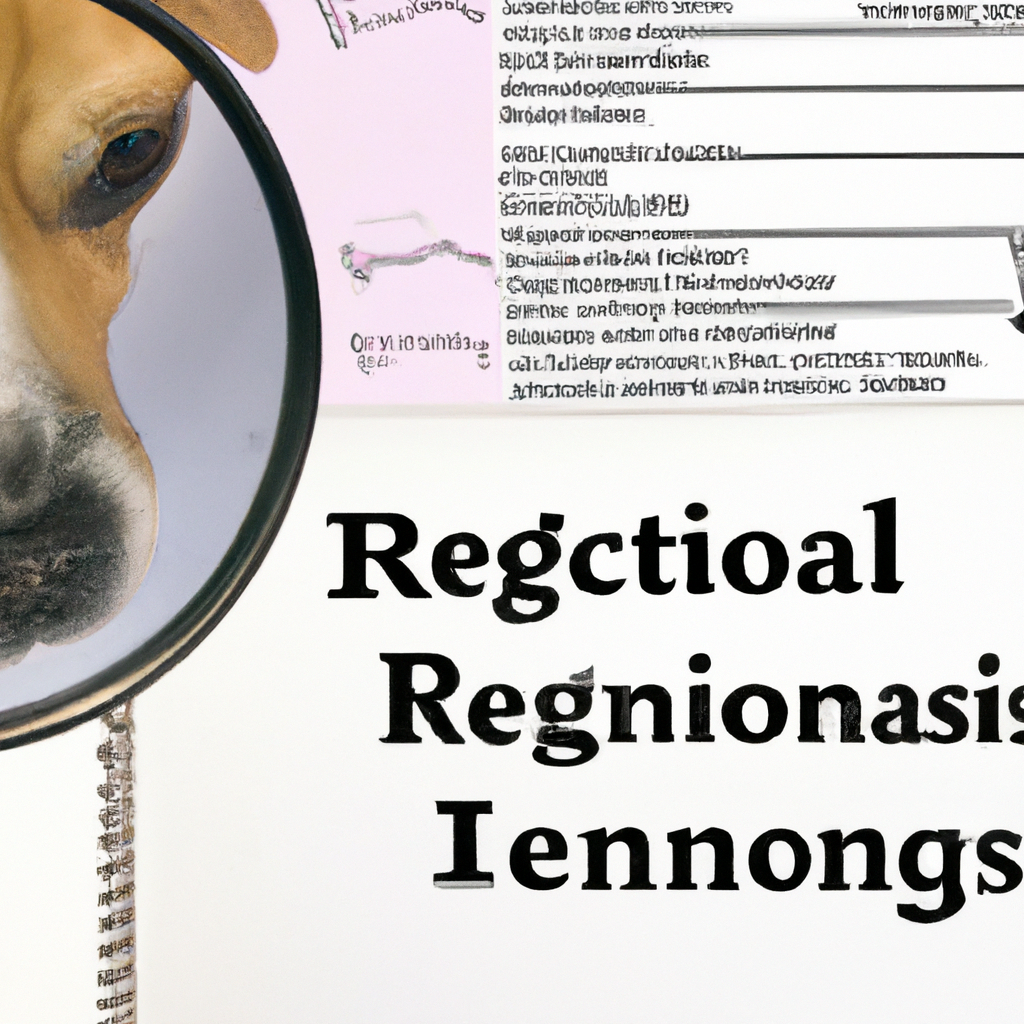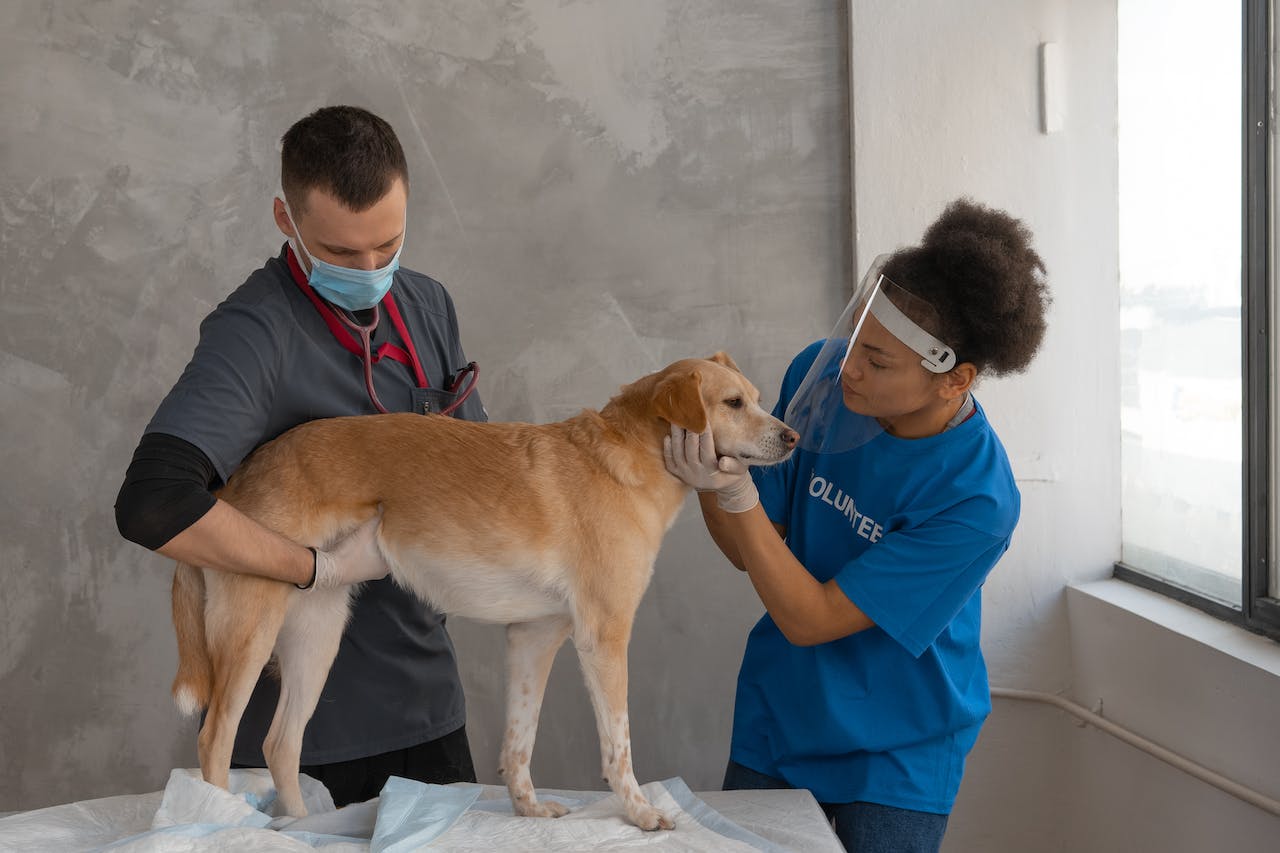Recognizing and Managing Common Respiratory Infections in Dogs
Recognizing and Managing Common Respiratory Infections in Dogs Just like humans, dogs can also suffer from respiratory infections. These

Recognizing and Managing Common Respiratory Infections in Dogs
Just like humans, dogs can also suffer from respiratory infections. These infections can make your furry friend uncomfortable and may lead to more severe health issues if left untreated. Therefore, recognizing the symptoms and managing the infections promptly is crucial for your dog’s well-being.
Common Symptoms:
Identifying the typical signs of respiratory infections in dogs can help you take appropriate action. Look out for the following symptoms:
- Coughing or frequent sneezing
- Nasal discharge or congestion
- Difficulty breathing or rapid breathing
- Wheezing or abnormal lung sounds
- Lethargy or decreased appetite
- Runny or red eyes

Common Respiratory Infections:
There are several respiratory infections that commonly affect dogs. These include:
- Kennel Cough: Caused by a combination of bacteria and viruses, kennel cough spreads easily in areas with high dog population such as kennels or dog parks.
- Canine Influenza: This contagious viral infection affects the respiratory system and may lead to severe complications if not treated promptly.
- Pneumonia: Often a secondary infection resulting from other respiratory illnesses, pneumonia can cause symptoms like coughing, difficulty breathing, and fever.
- Bronchitis: Similar to human bronchitis, this condition causes inflammation of the bronchial tubes and leads to coughing, wheezing, and difficulty breathing.
If you suspect that your dog may be suffering from a respiratory infection, it is important to seek veterinary care for a proper diagnosis.
Management and Treatment:
Treating respiratory infections in dogs usually involves a combination of medication and supportive care. Your veterinarian may prescribe antibiotics to combat bacterial infections or antiviral medications if viral. Additionally, they may recommend cough suppressants or anti-inflammatory drugs to alleviate symptoms.
Other key factors for managing respiratory infections in dogs include:
- Isolation: Keep your infected dog away from other dogs to prevent the spread of contagious diseases.
- Rest: Ensure your dog gets enough rest to allow the body to heal and recover.
- Hydration: Provide plenty of fresh water to keep your dog hydrated.
- Diet: Offer a balanced diet with easily digestible food to support your dog’s immune system.
- Follow veterinary advice: Strictly adhere to your veterinarian’s instructions for medication dosage and duration.
By recognizing the symptoms early and seeking appropriate veterinary care, you can effectively manage and treat respiratory infections in your beloved canine companion, ensuring a speedy recovery and long-term health.






